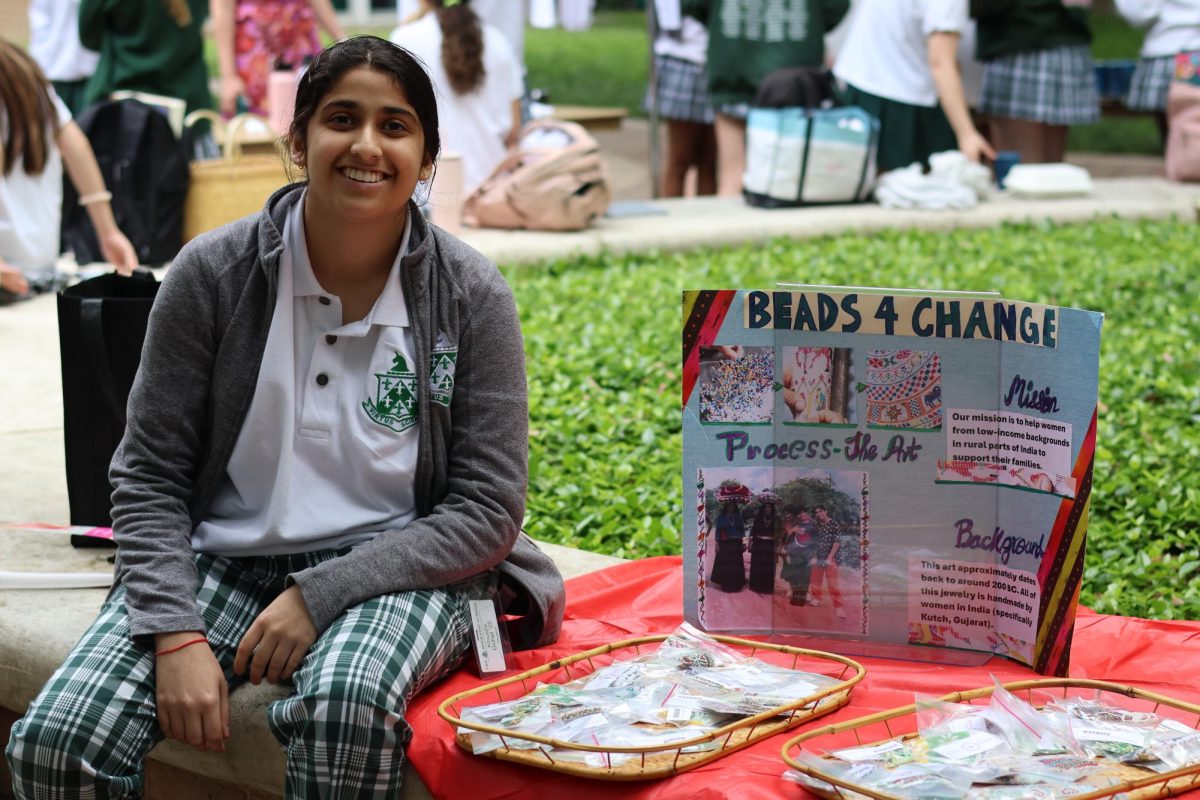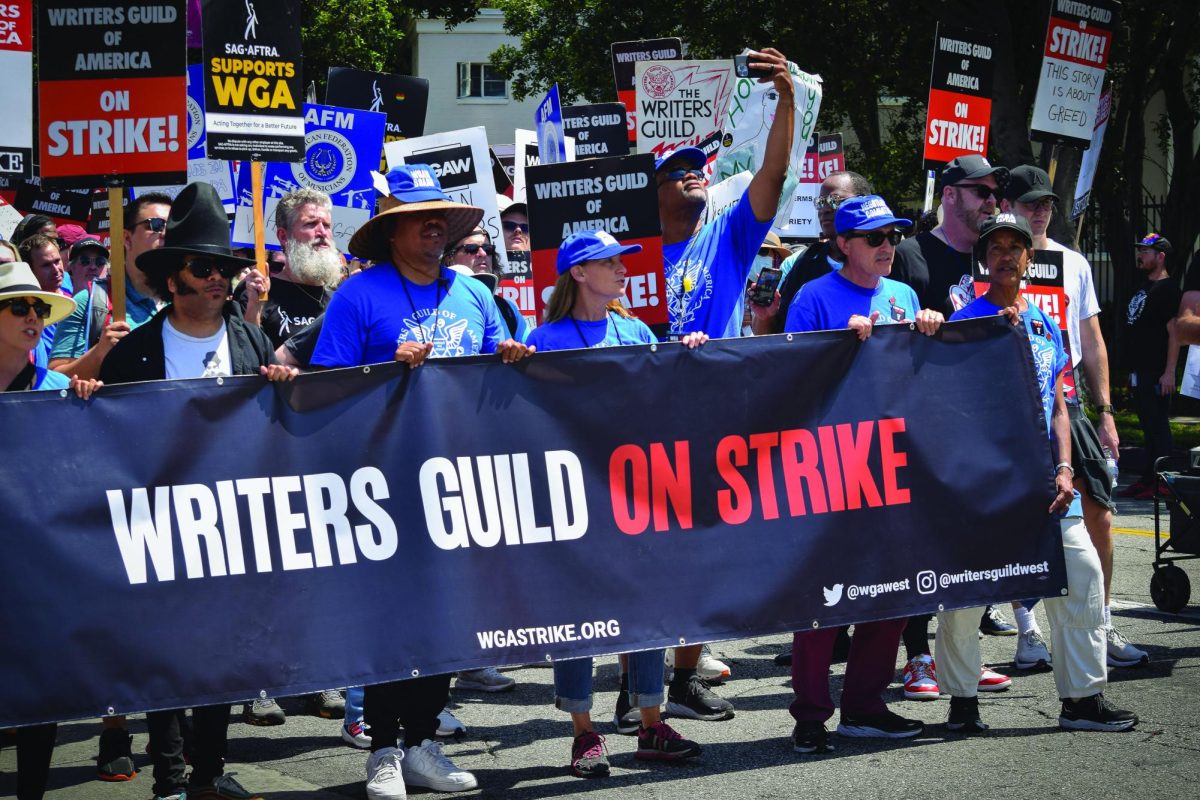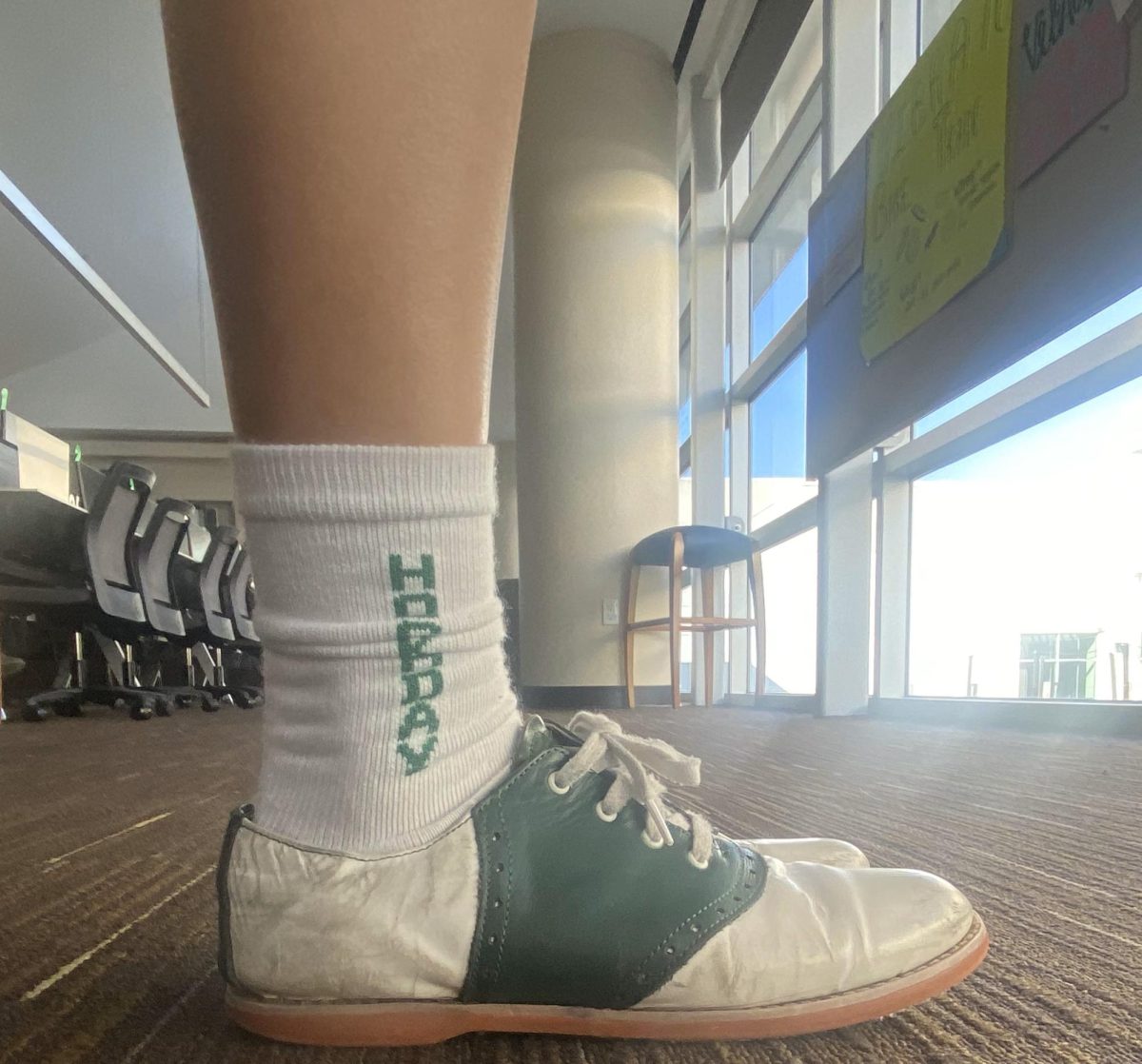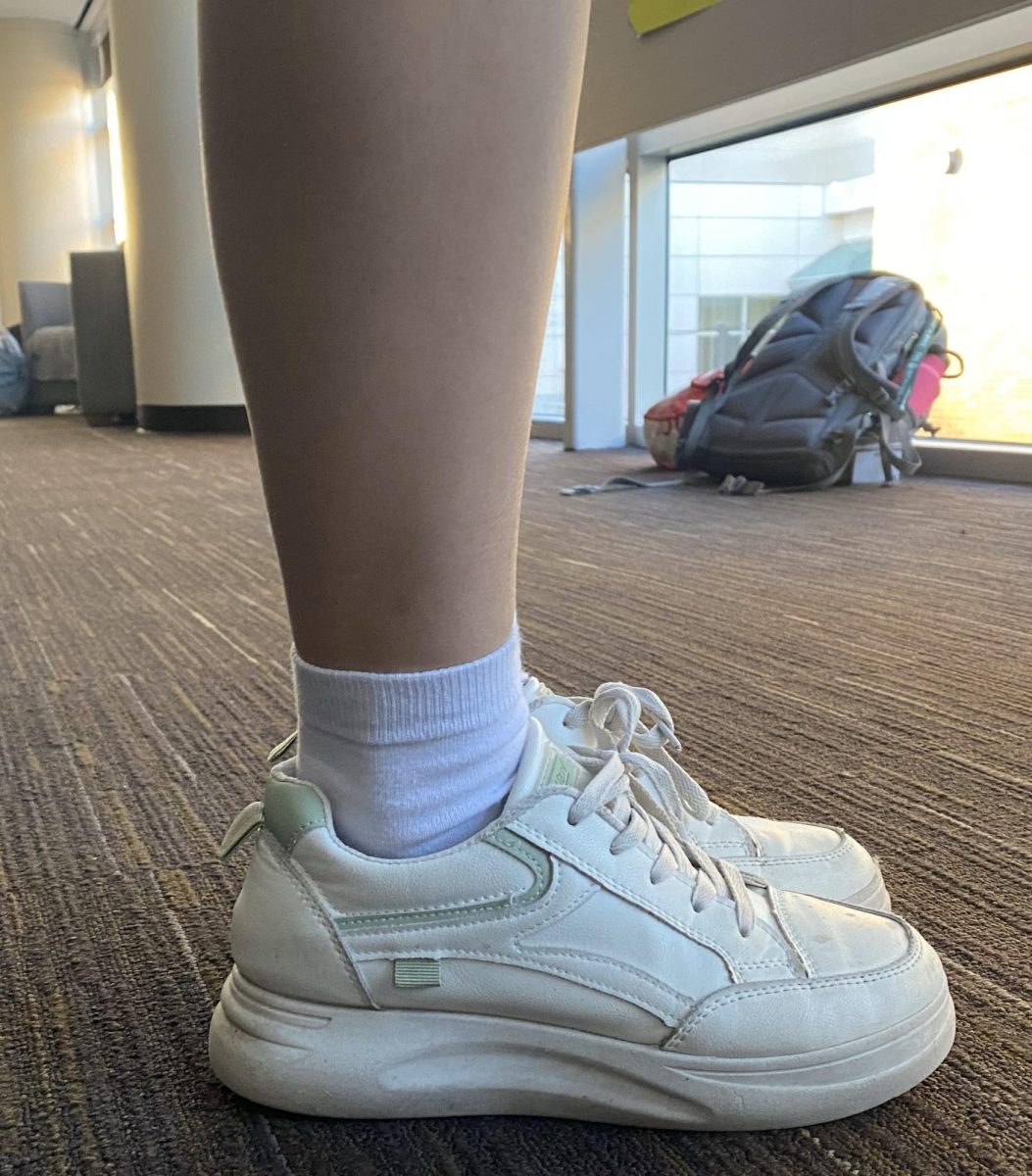The events of Sept. 11 have impacted the American psyche in more ways than can be enumerated. Most every American can remember the exact moment when the planes crashed into the World Trade Center, the Pentagon and Shanksville, Pennsylvania.
Although I was just nearing my second birthday, my parents remember the day perfectly. Preparing breakfast, my parents casually glanced at the small television in the kitchen periodically, just checking to see the headlines scrolling across the bottom of the screen.
When news broke that the first plane had crashed into the World Trade Center, the mundanity of the moment quickly vanished.
My parents could not believe their eyes: New York City, the United States of America was under attack. They wept for the toddler sitting in a high chair in front of the kitchen counter, spilling cereal all over herself. How could they justify bringing a child into such a horrific world?
This is just one story of 9/11, and my parents, in the comforts of their Dallas home, faced no grave and pressing danger. However, many Americans – just under 3,000 to be exact – lost their lives in the attack, and their loved ones have much more horrendous memories of the day than my two parents do.
While acknowledging the trauma of 9/11 and the pain of those who have lost friends and family members on that day, I cannot support the legislation just passed by the U.S. Congress to allow these people to sue Saudi Arabia for its role in the attacks.
National sovereignty, or the idea that countries and the rules of those countries cannot be held liable for official actions in the civil courts of another sovereign nation, has guided international diplomacy for centuries. Rather than bringing governments to court in other sovereign nations, these governments can settle disputes through negotiations and other means.
While I completely understand the desire to bring justice to the families of those lost on 9/11, I fear that Congress has traded the United States’ unstable relationship with the Middle East for fleeting popular support.
Anyone who has any knowledge of U.S. foreign policy recognizes the United States’ rocky relationship with the countries of the Middle East. We have few allies and many enemies, and thus we have overlooked Saudi Arabia’s involvement in the promotion of radicalism in order to promote long-lasting peace in the tumultuous region.
I in no way condone Saudi Arabia’s former attitudes toward extremism, but in the recent decade, the kingdom has provided the U.S. with crucial information in fighting terrorism and has been a victim of this violence as well. Thus, we must acknowledge this aid through our alliance with the nation, and this bill should not try to jeopardize this relationship for some uncorroborated evidence linking Saudi Arabia to 9/11.
Isolating Riyadh will not improve the situation in the Middle East but encouraging reform from within the monarchy may. Might I remind people that instability in oppressive regimes has rarely resulted in a stronger democratic nation; instead, more radical groups often come to power.
Furthermore, this bill set a precarious precedence that will likely backfire on the U.S. If our citizens can take the Saudi government to court over the losses of their loved ones, what will stop the citizens of other nations from taking us to court? The United States does not have a clean rap sheet, and our mistakes may soon catch up with us in civil courts around the world.
After Congress overrode President Barack Obama’s veto, many Congress members lamented their vote and accused Obama of not relaying his concerns to the legislative bodies. These members of Congress said the bill had already passed before they actually learned of the consequences it could have.
So when President Obama vetoed the bill and provided a lengthy letter to accompany his decision, did you not have time to read it? Did you neglect your role as the mouthpiece of the people and just forget to do your job?
As much as we may perceive incompetence in the legislature to be a solely American tradition, the United Kingdom faced a similar experience earlier this summer when the Parliament voted to leave the European Union and then realized they had made a grave mistake.
I recognize the political expediency of this decision, but those who have lost people on 9/11 deserve more respect than Congress grants them. Do not treat these grieving people as political props.
– Mary Orsak – Assistant News Editor –


















madden nfl 17 coins • Oct 18, 2016 at 9:17 pm
Amazing Web page, Carry on the very good work. thnx!.